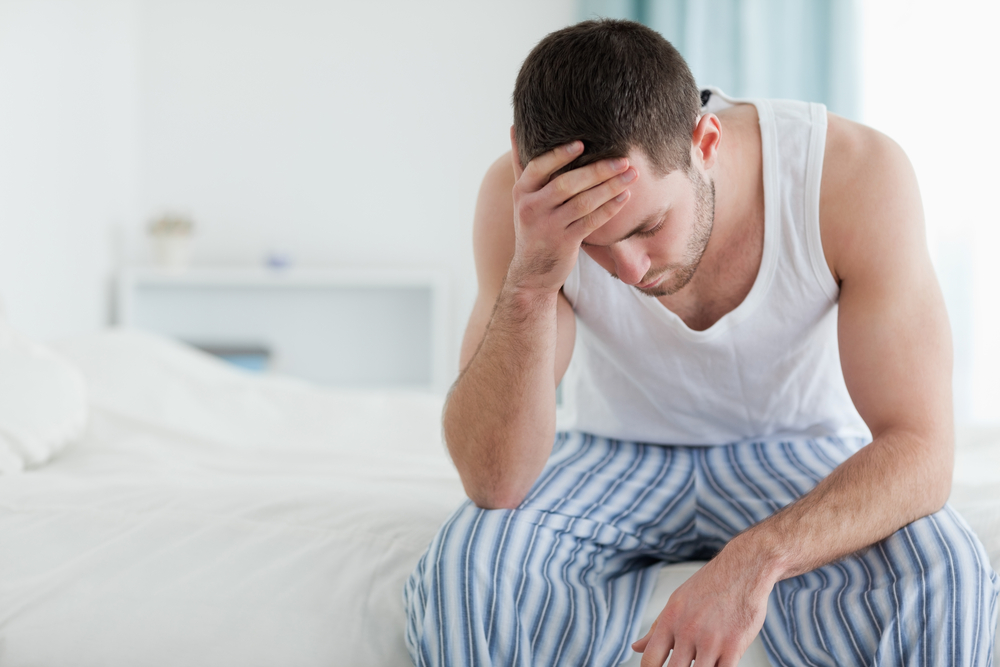Quarantine fatigue and how to combat it
After months of quarantine and social restrictions, you and your patients may be feeling irritable, tense, lonely, or experiencing other physical or emotional changes. If so, you may have developed “quarantine fatigue” like many others across the country.
What is quarantine fatigue?
Quarantine fatigue, or coronavirus fatigue, is an “exhaustion associated with the new restrictive lifestyle that’s been adopted to slow the spread of COVID-19,” according to Luana Marques, PhD, director of Community Psychiatry PRIDE and Mass General Research Scholar 2020–2025. Quarantine fatigue is more than boredom or being tired of staying inside; it’s characterized by negative physical and emotional symptoms such as:
- Feeling tense, irritable or anxious
- Changes in eating or sleeping habits
- Loss of motivation or reduced productivity
- Racing thoughts
- Interpersonal conflict
- Social withdrawal
You or your patients may be experiencing other symptoms, but that doesn’t mean you can’t have quarantine fatigue. “There is no ‘right’ way to feel right now,” says Dr. Marques.
Some experts believe that quarantine fatigue is leading the public to take more risks with their health. Now that months have passed, many people are fed up with staying inside and separated from friends and family, and have stopped quarantining and social distancing. “After feeling the effects of quarantine fatigue for so many weeks, it may be tempting to get back out into the world to try to alleviate those feelings we’re having,’” says Dr. Marques. “This will only compound the problem and cause another infection spike. The key here is to figure out what we can put into place at home so that our mental health feels manageable without putting others at risk of contracting the virus.”
5 ways to reduce quarantine fatigue
Although reopening is in progress across much of the US, things are still a long way from normal. This means that we can’t simply wait for quarantine to end before we address quarantine fatigue. Fortunately, there are some steps you and your patients can take to help manage quarantine fatigue and feel more like themselves:
- Practice mindfulness. Mindfulness involves being present in the moment and using it as a chance to reflect on the now, rather than dwell on the past or worry about the future. This helps to manage stress.
- Stay physically healthy. It may be difficult to eat healthy, exercise, and get enough sleep, but these things are important to feeling good. The better you feel physically, the better you feel mentally as well.
- Turn off the news. It’s good to be informed, but too much COVID-19 news will likely heighten negative emotions rather than reassure you. Keep your focus on information you can use, such as safety guidelines from the CDC and local officials, and limit your consumption of news or social media content that makes you afraid or angry.
- Connect with others. Even if you can’t physically interact with your loved ones, don’t let that keep you from talking to them over the phone or via a video chatting app. It’s common knowledge that spending time with friends and family makes you happier, and occasionally talking about the current situation with them can help you process your emotions. In addition, reaching out to loved ones who also appear to be suffering quarantine fatigue can help them feel better as well.
- Worry productively. At a time like this, you may not be able to turn off your worries about COVID-19. In that case, try to change your approach to worrying. Think about the positive things in your future, no matter how small, rather than spiraling into worse case “what if” scenarios. Focus on finding resolutions for concerns you can control. For example, if you’re afraid of getting COVID-19 after an outing, you can wear a mask, wash your hands, and use social distancing techniques to keep safe. If your concern is something outside of your control, like how long it will take for a vaccine to be developed, then try to put it out of your mind. There’s no way to change it, so worrying will only negatively affect your mental health.
